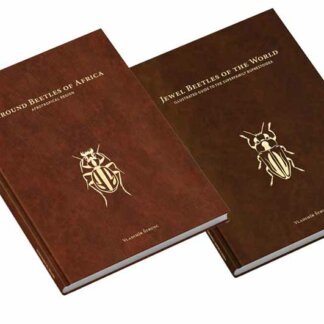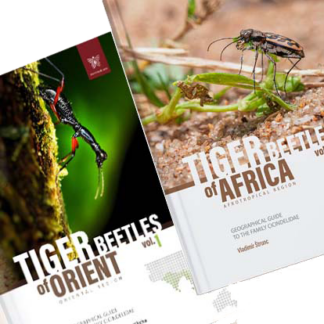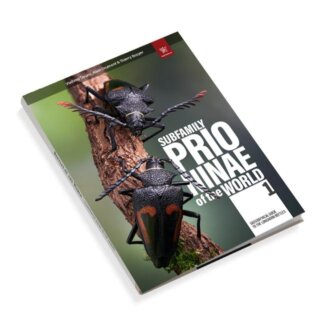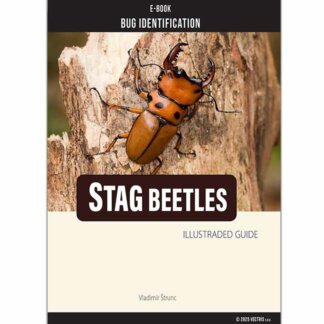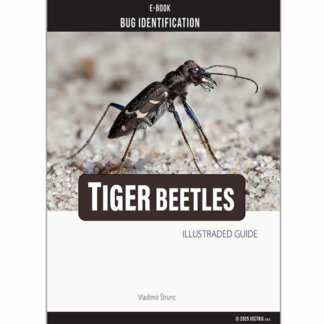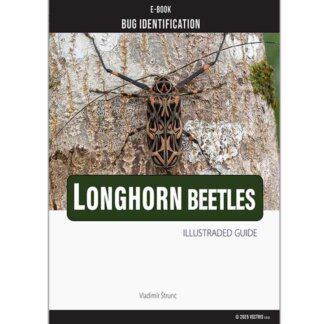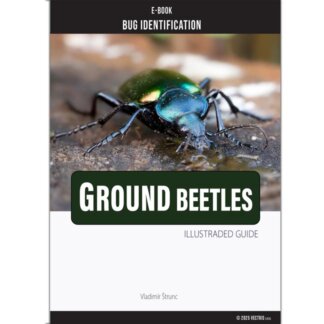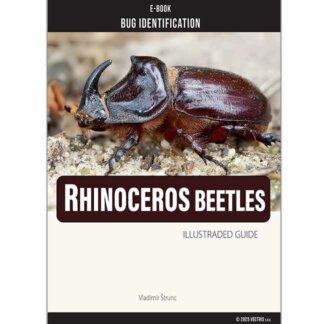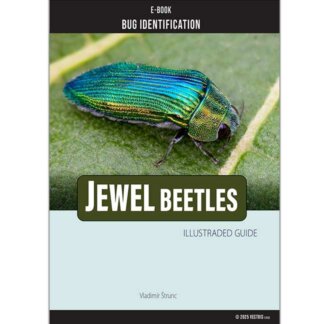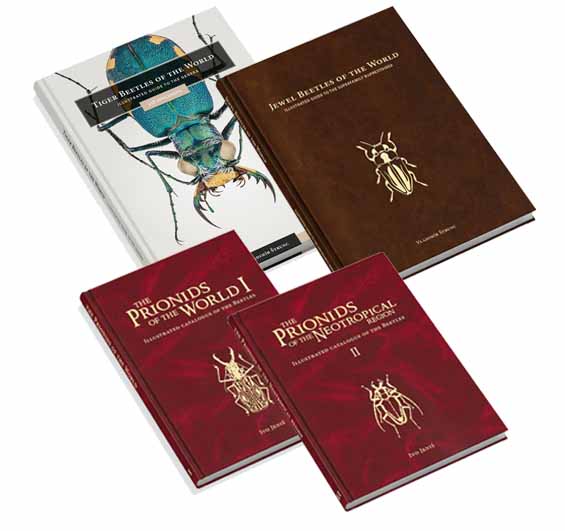Unique atlases with photos. Etymology and entomology represent two distinctive academic disciplines that, despite their similar-sounding names, focus on entirely different areas of study.
Beetles
Etymology vs Entomology
Etymology delves into the historical origins and evolution of words, while entomology is concerned with the scientific study of insects. This report examines both fields in detail, highlighting their definitions, origins, methodologies, and applications to clarify the fundamental differences between these frequently confused terms.
Etymology vs. Entomology: Understanding Two Distinct Fields of Study
Understanding the Difference
Etymology and entomology are two distinct fields of study that are often confused due to their similar names. Here’s a breakdown of each:Etymology
Definition: Etymology is the study of the origin and history of words. It involves tracing the roots of words and understanding how their meanings evolve over time.
Origin: The term “etymology” comes from the Greek words “etymon,” meaning “true sense of a word,” and “logos,” meaning “word” or “reason.”
Example: Studying the etymology of the word “dinosaur” reveals that it comes from the Greek words “deinos” (terrible) and “sauros” (lizard).
Entomology
Definition: Entomology is the scientific study of insects. It encompasses the behavior, anatomy, and ecological roles of insects.
Origin: The term “entomology” originates from the Greek word “entomon,” meaning “insect,” which is derived from “en” (in) and “tomnein” (to cut), referring to the segmented bodies of insects.
Example: Entomologists study the social structures of bees and their communication methods.
Key Differences
Subject Matter: Etymology focuses on words and language, while entomology deals with insects and their biology.
Root Words: Etymology comes from “etymon” (true sense of a word), whereas entomology comes from “entomon” (insect).
Applications: Etymology is crucial for understanding linguistic evolution, while entomology contributes to fields like agriculture, ecology, and pest management.
To avoid confusion, remember that “entomology” involves insects, and “etymology” involves the history of words.
Buy now. List of family Coleoptera
You can find here: Carabidae, Buprestidae, Cerambycidae, Cicindelidae, Scarabaeidae, Lucanidae, Chrysomelidae, Curculionidae, Staphylinidae
Books about Beetles
Unique pictorial atlases for identifying Beetles:
(2020) Tiger Beetles of the World, Cicindelidae, Illustrated guide to the genera
(2023) Tiger Beetles of Africa, Cicindelidae, Geographical guide to the family Cicindelidae
(2024) Tiger Beetles of Orient, Cicindelidae, Geographical guide to the family Cicindelidae
(2022) Ground Beetles of Africa, Afrotropical Region
(2022) Jewel Beetles of the World, Buprestidae, Illustrated guide to the Superfamily Buprestoidea
(2008) The Prionids of the World, Prioninae, Illustrated catalogue of the Beetles
(2010) The Prionids of the Neotropical region, Prioninae, Illustrated catalogue of the Beetles
The Origins of Both Terms
Both etymology and entomology are specific areas of study indicated by the suffix ‘-ology,’ which originated from the Greek word ‘logia’ meaning ‘study or science’ of something. Despite their phonetic similarity, these terms have entirely different Greek roots that reflect their distinct focuses.
The word ‘etymology’ derives from the Ancient Greek word ‘ἐτυμολογία’ (etumologíā), itself from ‘ἔτυμον’ (étumon), meaning ‘true sense or sense of a truth’. The word effectively translates to ‘the study of truth,’ referring to the genuine origins and meanings of words. Etymology as a discipline aims to uncover the authentic historical development of linguistic elements.
Contrastingly, ‘entomology’ comes from the Greek word ‘entom,’ meaning ‘notched’ or ‘segmented,’ referring to the segmented body structure of insects. Combined with the suffix ‘-logia,’ entomology literally translates to ‘the study of insects with segmented bodies.’ This accurately describes the field’s focus on organisms characterized by their three body segments, six legs, antennae, and typically wings.
Etymology: The Study of Word Origins
Etymology is a subfield within linguistics that examines how words originate, develop, and evolve over time, including changes in their form, meaning, and usage across different languages and periods. It represents a scientific approach to understanding the historical journey of words from their earliest known appearances to their contemporary forms.
Etymologists are linguistic scientists who meticulously trace words back to their sources, documenting evidence related to a language to determine the authentic history of words. Their work involves following a word’s timeline in chronological order, from its first appearance in a particular language through its development to its current form and meaning.
For languages with extensive written histories, etymologists analyze texts, particularly those about the language itself, to gather insights into how words were used in earlier periods. When direct historical evidence is unavailable, etymologists employ comparative linguistics methods to reconstruct information about older word forms. By analyzing related languages through comparative methodology, linguists can make informed inferences about shared parent languages and their vocabularies, enabling them to trace word roots in many European languages back to the Indo-European language family.
Etymology contributes significantly to historical linguistic research, helping determine how and why languages have evolved over time and developed in specific ways. This detailed examination of individual word origins often leads to fascinating discoveries about the historical development of languages themselves. Etymology vs. Entomology
Entomology: The Scientific Study of Insects
Entomology focuses on the scientific study of insects, which represent the most diverse and successful group of organisms on our planet. This branch of zoology examines various aspects of insects, including their biology, ecology, behavior, morphology, and interactions with humans and other organisms.
Entomologists are scientists who study insects from multiple perspectives, researching their classification, physiology, distribution, social behavior, ecology, and evolution. Their work provides broader insights into the world of insects and their significance in various contexts.
The field of entomology encompasses numerous specialized areas, including insect ecology, morphology, physiology, pathology, taxonomy, toxicology, and applied disciplines such as medical/veterinary entomology, biological management, forestry entomology, agricultural entomology, and forensic entomology. These specializations reflect the diverse applications and impacts of entomological research in science and society.
Insects play vital roles in ecosystems, agriculture, medicine, and other domains, making entomology crucial for understanding human health, local and global economies, and sustainable food and water supplies. Entomologists study everything from tiny fairy flies to large rhinoceros beetles, addressing challenges in pest management and recognizing the benefits insects provide through pollination and other ecological services.
Key Differences Between Etymology and Entomology
Subject Matter
The most fundamental difference between these fields lies in their subject matter. Etymology examines words and language development, tracing the lineage, evolution, and meaning changes in words throughout history. In contrast, entomology studies insects—living organisms with segmented bodies, six legs, antennae, and usually wings—focusing on their biology, behavior, and ecological relationships.
Professional Focus
Etymologists and entomologists pursue entirely different professional objectives. Etymologists research and document evidence related to language history to determine the true origins and development of words. Their work contributes to our understanding of linguistic evolution and cultural connections expressed through language.
Entomologists, by comparison, study insects from biological, ecological, and applied perspectives. They research insect classification, physiology, behavior, and significance in fields like medicine, agriculture, and environmental science. Their work helps address practical issues such as pest management and understanding the critical roles insects play in ecosystems.
Methodologies and Applications
The methodologies employed in these fields differ substantially. Etymology relies heavily on historical texts, comparative linguistics, and philological analysis to trace word development across languages and time periods. Etymologists contribute to dictionaries, linguistic research, and cultural understanding of language evolution.
Entomology employs scientific observation, field research, laboratory analysis, and taxonomic classification to study insects and their relationships with the environment. Entomologists work in diverse settings, from research institutions to agricultural organizations, contributing to pest management strategies, conservation efforts, medical research, and forensic investigations. Etymology vs Entomology
Conclusion Etymology vs Entomology
Despite their similar-sounding names, etymology and entomology represent distinctly different scientific disciplines with unique focuses, methodologies, and applications. Etymology explores the historical journey of words through time and across languages, providing insights into linguistic and cultural evolution. Entomology examines the vast world of insects, contributing to our understanding of biodiversity, ecology, and the practical management of insect populations.
Both fields make valuable contributions to science and society in their respective domains. Etymology enhances our understanding of language and communication by revealing the historical connections between words and cultures. Entomology helps address crucial challenges in agriculture, medicine, conservation, and other fields by advancing our knowledge of the most diverse group of organisms on Earth. Understanding the difference between these terms not only prevents confusion but also appreciates the distinct value each discipline brings to our collective knowledge.

